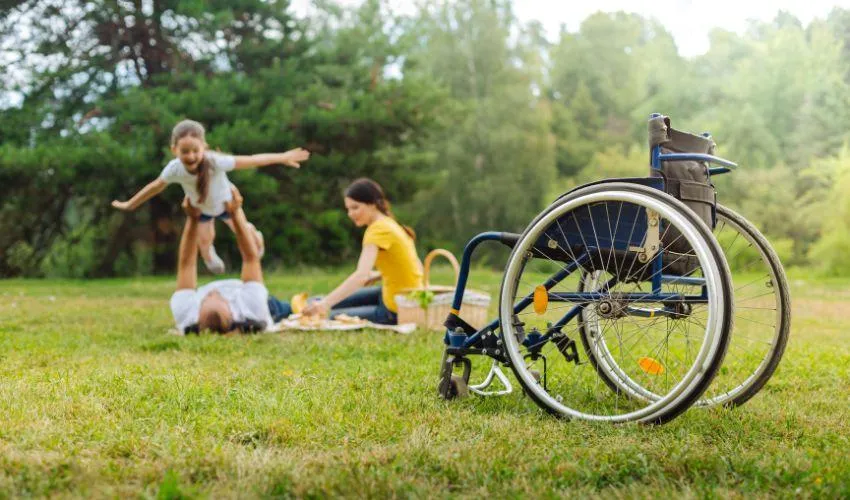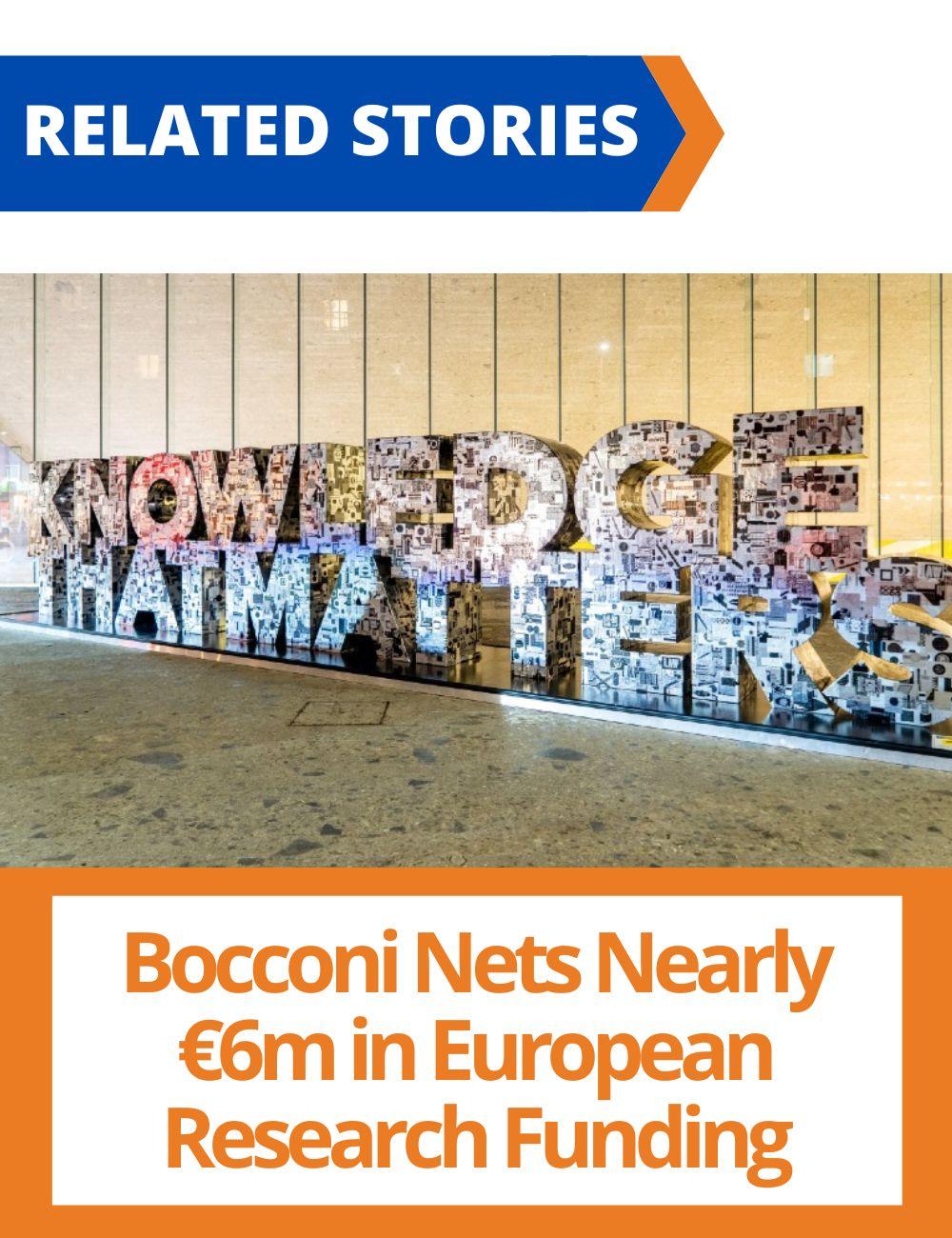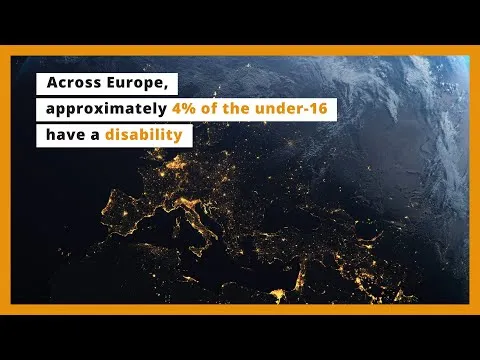
How Families Are Affected by a Disabled Child
Across the European Union, approximately 4% of individuals under age 16 have a disability, and over 15 million school-age children are known to have special educational needs.
Nicoletta Balbo (Assistant Professor at Bocconi's Department of Social and Political Sciences) obtained a €1.5mln ERC Starting Grant from the European Research Council (ERC) to study the effects of child disability on family members, such as parents, siblings, and grandparents.
While the recent approach to disability seeks to understand how disabling conditions are influenced by the individual's social environment, Balbo's project FRAILIFE (Child Disability and Family Life) adopts the symmetrical approach and looks at the reverse relationship: how the individual's social environment ( the family first of all) is affected by his or her disabling conditions.
Preliminary evidence suggests that being confronted with the disability of a child may substantially affect the wellbeing of family members, shaping their social, demographic, and economic trajectories.
Using high-quality register data and surveys in Finland, the Netherlands, Norway, Germany, Italy, and the UK, as well as social media conversations across the world, FRAILIFE will study the impact of child disability on family members, focusing on:
| their life course trajectories, including fertility, union formation and dissolution, migration, employment; |
|
| physical, mental, and emotional health outcomes; |
|
| social participation and civil engagement. |
For the first time, a research program on children disability will rely on a population approach, thanks to rich data that allow Nicoletta Balbo to observe one of the hardest to reach populations. "We will be able to compare families with and without a disabled child and to uncover heterogeneous effects by severity and type of disability, family socio-economic status, or family structure," she said.
The large window of observation (more than 20 and 50 years for Finland and Norway, respectively) will also allow to observe both short-term and long-term effects of child disability on family members' life.
Finally, exploiting Europe as a "laboratory" in which institutional and cultural contexts vary, a comparative perspective will allow Dr. Balbo to uncover the moderating effects of culture and institutions. FRAILIFE will also use Natural Language Processing techniques to analyze the content of Facebook communities in 19 countries, bringing together parents of children with a specific disability, the Kleefstra syndrome. The aim is to uncover the different unmet needs of parents in the different countries, driven by the diverse institutional responses and culture.
Even if the main focus is on the disadvantages a disabled child causes for family members, possible positive spillovers will also be investigated, namely in terms of stronger marital bonds and civil engagement.
"FRAILIFE will bring families with a disabled child out of their invisibility, offering new and important insights on their functioning, characteristics, and challenges, while informing effective family-centered policy," Dr. Balbo concluded.



The ERC Starting Grants can be assigned to talented early-career researchers of any nationality with 2-7 years of experience since completion of their PhD, a scientific track record showing real promise and an excellent research proposal. For researchers in the subsequent stages of their career, the ERC provides Consolidator Grants and Advanced Grants.
What a Child Disability Means to a Family
